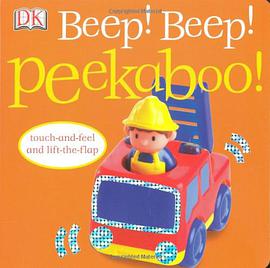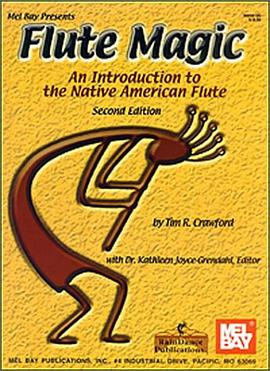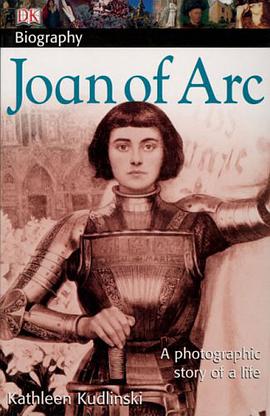

A century of recording has fundamentally changed our experience of music-the way we listen to it and the way it is performed. This highly engaging book is the first thorough exploration of the impact of recording technology upon the art of music. Timothy Day chronicles the developments in recording technology since its inception and describes the powerful effects it has had on artistic performance, audience participation, and listening habits. He compares the characteristics of musical life one hundred years ago-before the phonograph-to those of today and offers a fascinating analysis of how performing practices, images of performers, the work of composers, and performance choices in concert halls and opera houses have changed. The book investigates the work of such great recording engineer-impresarios as Fred Gaisberg and Walter Legge; the recording history of conductors, orchestras, and soloists throughout the century; and the development of the great classical recording labels. Day also addresses a variety of questions raised by the study of recordings: What have people expected of a recorded performance? Do recordings constitute an art form in their own right? What is historical authenticity? What is moral authenticity? Are recordings that endow incompetent artists with flawless techniques somehow fraudulent? Why do artists re-record repertoire? This book will inform and engage a wide range of readers, from those who love music and recordings to performers and scholars and all readers with an interest in the social and artistic history of the twentieth century.
具体描述
读后感
评分
评分
评分
评分
用户评价
相关图书
本站所有内容均为互联网搜索引擎提供的公开搜索信息,本站不存储任何数据与内容,任何内容与数据均与本站无关,如有需要请联系相关搜索引擎包括但不限于百度,google,bing,sogou 等
© 2025 book.wenda123.org All Rights Reserved. 图书目录大全 版权所有




















